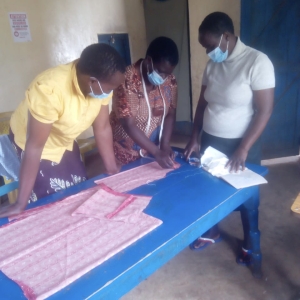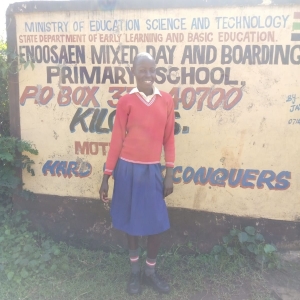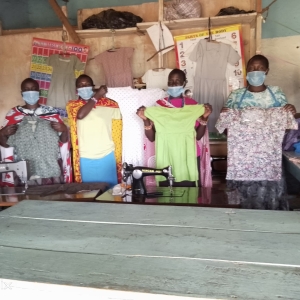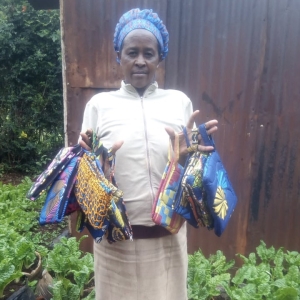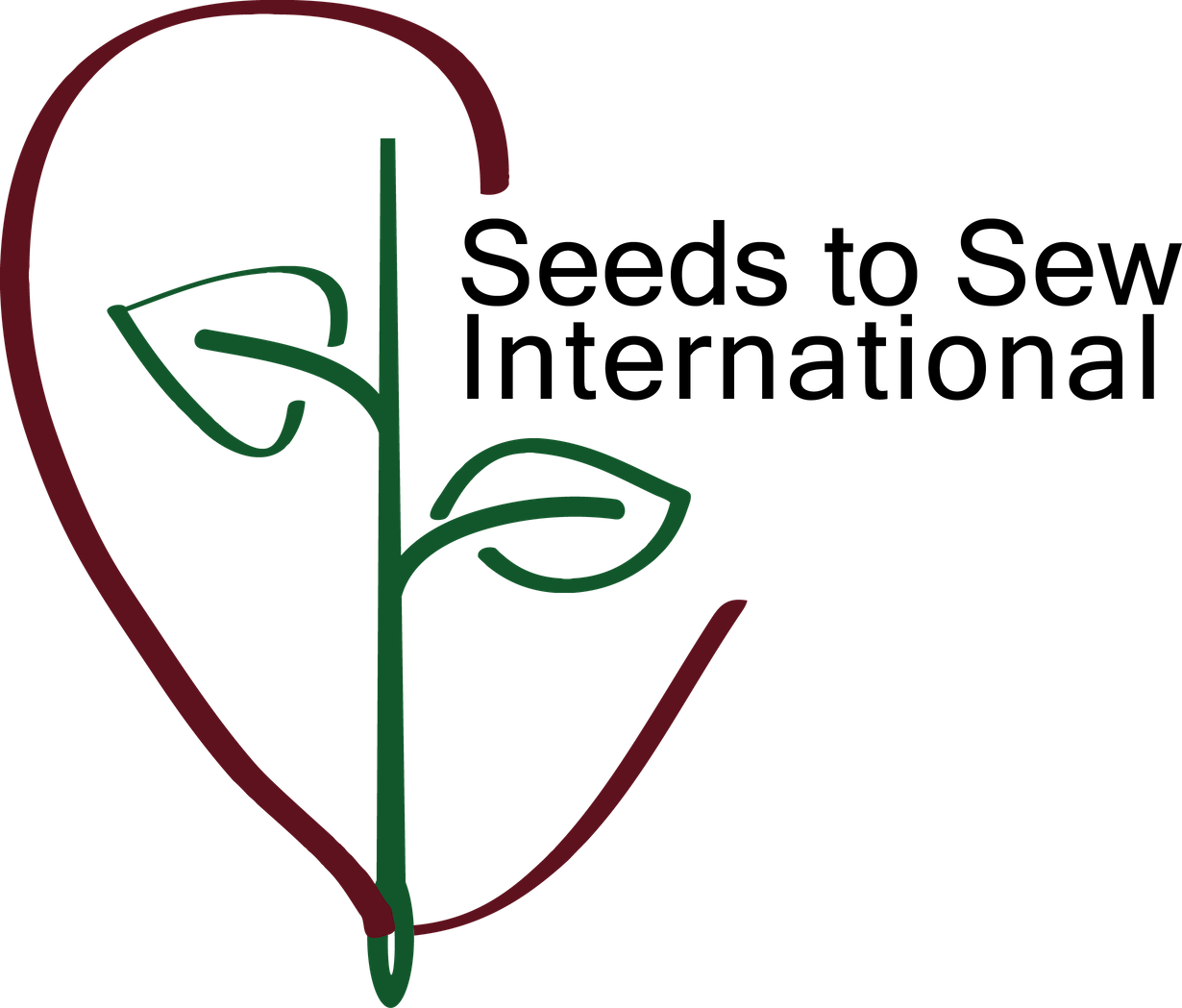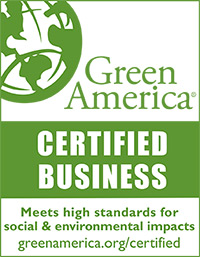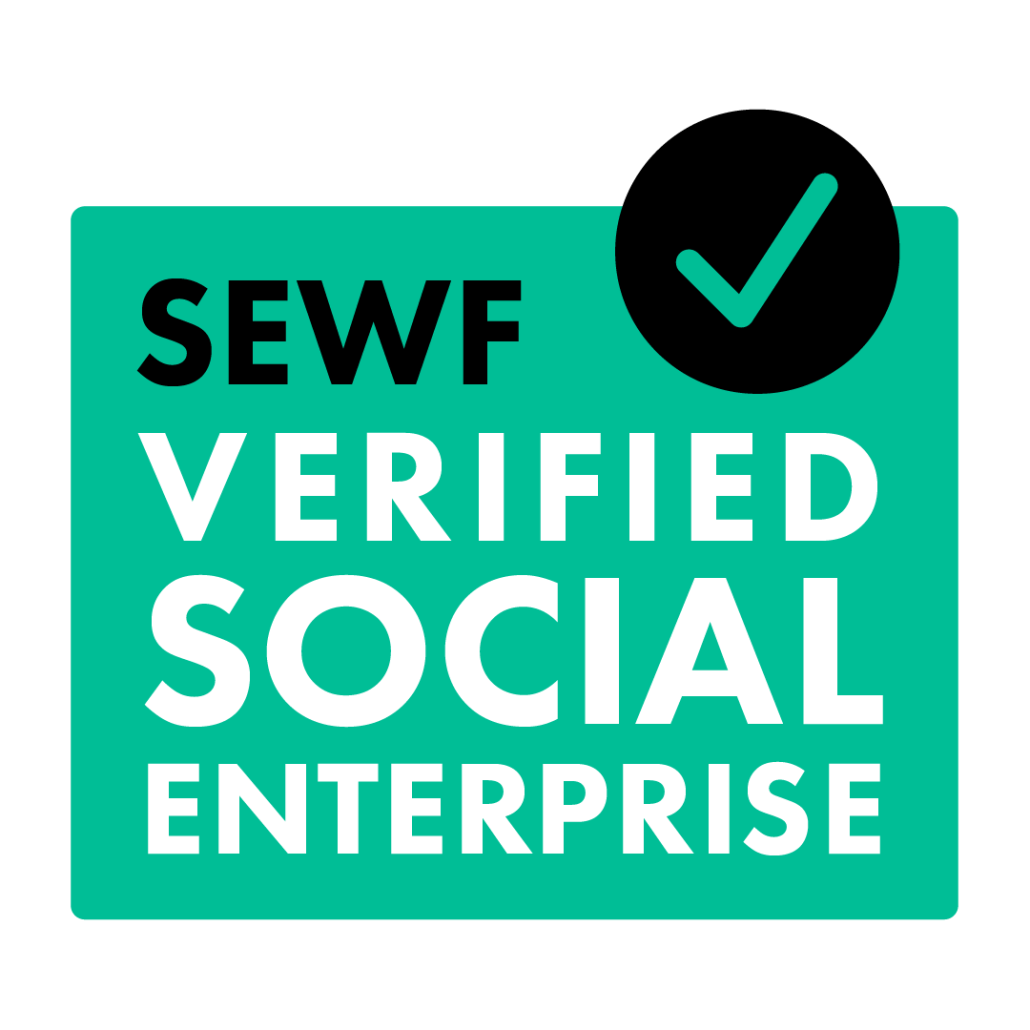Together we can make a difference for generations to come…one woman at a time…one stitch at a time.
Who We Are
Seeds to Sew International, Inc. is a Fair Trade verified, US-based 501(c)3 nonprofit organization based in Hopewell, New Jersey.
Our Mission
We improve the lives of women and girls in disadvantaged, poverty-stricken communities through education and job skills training.
Our Vision
Women and girls in our programs use their education and newfound skills to support themselves, their families, and their community for generations to come.
Our Beliefs:
When you empower women, you empower entire communities.
Positive, lasting change can be achieved when women and girls have access to:
- Education
- Job Skills Training
- Economic Opportunities
- Business Skills
Seeds to Sew is a proud member of the Fair Trade Federation, a community of verified businesses dedicated to holistic fair trade. As members, we place the health of the planet and the labor, dignity, and equality of all people at the heart of our work. Click here to read the Fair Trade Principles we uphold as an organization.
Where We Work
We work with women and girls in Enoosaen and Kamakwa, two subsistence farming villages in rural Kenya.
Enoosaen is a Maasai village in Transmara District, near Kilgoris; Kamakwa is a Kikuyu town in the Central District near Nyeri.
How We Work
Job Skills Training
In our tailoring program, women learn to sew and are educated in basic business skills in the process. We purchase products that the seamstresses make, which provides them with a sustainable income. All additional proceeds from the sale of the products are reinvested in the sewing program in the form of rent, shipping, training and materials.
- Enkiteng bags – reusable gift wrapping bags made of donated fabric
- Kitenge reusable shopping bags and knapsacks
- Kitenge aprons and wrap skirts
- Kitenge zipper pouches and other products
The goal of the tailoring program is for the participating women become skilled seamstresses as well as independent, empowered, active members of their local economy.
Education
In rural Kenya, cultural traditions and economic barriers often prevent girls from attending primary and secondary school.
Girls can overcome these hurdles and continue their education as they are able to pay for school fees and other school-related expenses. We help girls generate income by selling products made by our participants, which allows them to stay in school. Our goal is to allow an opportunity for each of our participants to graduate from high school.
- Enkisoma beads – traditional Maasai jewelry
- Githomo crafts – handcrafted gifts made of natural materials
- Kiondo baskets – handwoven baskets made of recycled plastic
Thanks to generous donors, we are able to sponsor the most needy and academically motivated girls all the way through university.
Environmental Sustainability
In addition to being socially responsible, the products made by our participants are environmentally friendly.
Participants use donated fabrics, upcycled materials, or naturally-harvested materials to create beautiful, eco-friendly products.
Economic Opportunity
The products that the participants create are sold through Seeds to Sew retail and wholesale channels. All proceeds are then reinvested into the programs.
Participating women become independent of our programs and learn to sew items that they can sell in their local communities, including clothing and school uniforms.
Business Skills
Women in our tailoring program become more confident as they make investments, develop products, generate a profit, and provide for their families.
We also provide training in the basics of personal finance, such as cash management, opening/balancing a bank account, and record-keeping to help women build a foundation for future success.
Girls in our education programs become empowered women and successful active members of their local economy.
Female Empowerment
Participants learn about local laws, their basic rights, so that they can advocate for themselves as their income and stature in their community grows.
Financial Freedom
As a result, women generate income needed to pay school fees, access medical care, and feed their families; and girls can pursue their dream of education.
Our Approach
Our philosophy recognizes the complex interconnectedness of individuals, communities, corporations, and political bodies.
Working with non-governmental organizations (NGOs), and other non-profit groups that align with our mission, we undertake an inclusive approach, involving men, community leaders, local businesses, global corporations, and governing officials in implementing programs.
In 2022, Seeds to Sew began a partnership with Street Business School (SBS) to further our mission of empowering women and girls with business skills. SBS is an entrepreneurial training program that helps women become thriving entrepreneurs to break the cycle of extreme poverty. Read more about SBS mission at https://www.streetbusinessschool.org/.
Currently, Seeds to Sew has two on-the-ground managers, one in each of our locations, who have completed SBS virtual training and become certified coaches. They are now starting to train women using the SBS model!
Why Women And Girls?
Girls’ education has been proven to be one of the most beneficial strategies to enhance development and economic growth.
Educated mothers tend to have healthier children and these children are more likely to attend school, breaking the cycle of early marriage, female genital mutilation, and poverty.
Through access to education, basic skills, and an ability to generate income, women are able to create a lasting impact on the well-being of themselves, their children, and their village for generations to come.
Consider the following:
- When a girl in the developing world receives seven or more years of education, she marries four years later and has 2.2 fewer children. The population’s HIV rate goes down and malnutrition decreases 43%.[i]
- An extra year of primary school boost girls’ eventual wages by 10 to 20 percent. An extra year of secondary school: 15 to 25 percent. If 10% more girls go to secondary school, the country’s economy grows 3%.[ii]
- When women and girls earn income, they reinvest 90 percent of it into their families, as compared to only 30 to 40 percent for a man.[iii]
- The total global population of girls ages 10 to 24 – already the largest in history – is expected to peak in the next decade[iv], nearly 50 million girls are living in poverty, and yet 99.4% of international aid money is not directed to them[v].
“An estimated 26% of girls are married before their 18th birthday in Kenya. Women living in rural areas are twice as likely to be married under age 18 than women living in urban areas. This urban-rural divide has increased by 36% since 2003. [vi] [vii]”
[i]United Nations Population Fund, State of World Population 1990, [ii]George Psacharapoulous and Harry Anthony Patrinos. “Returns to Investment in Education: A Further Update,” Policy Research Working Paper 2881 (Washington D.C.: World Bank, 2002), [iii]Chris Fortson, “Women’s Rights Vital for Developing World” Yale News Daily 2003, [iv] Ruth Levin et al, “Girls Count: A Global Investment and Action Agenda” 2005, [v] The Nike Foundations, “The Girl Effect” 2010; [vi] The Law Library of Congress, Parliament passes comprehensive Marriage Bill, changes process for contracting customary marriages, 2014; [vii] UNFPA, Child marriage profile: Kenya, 2012

